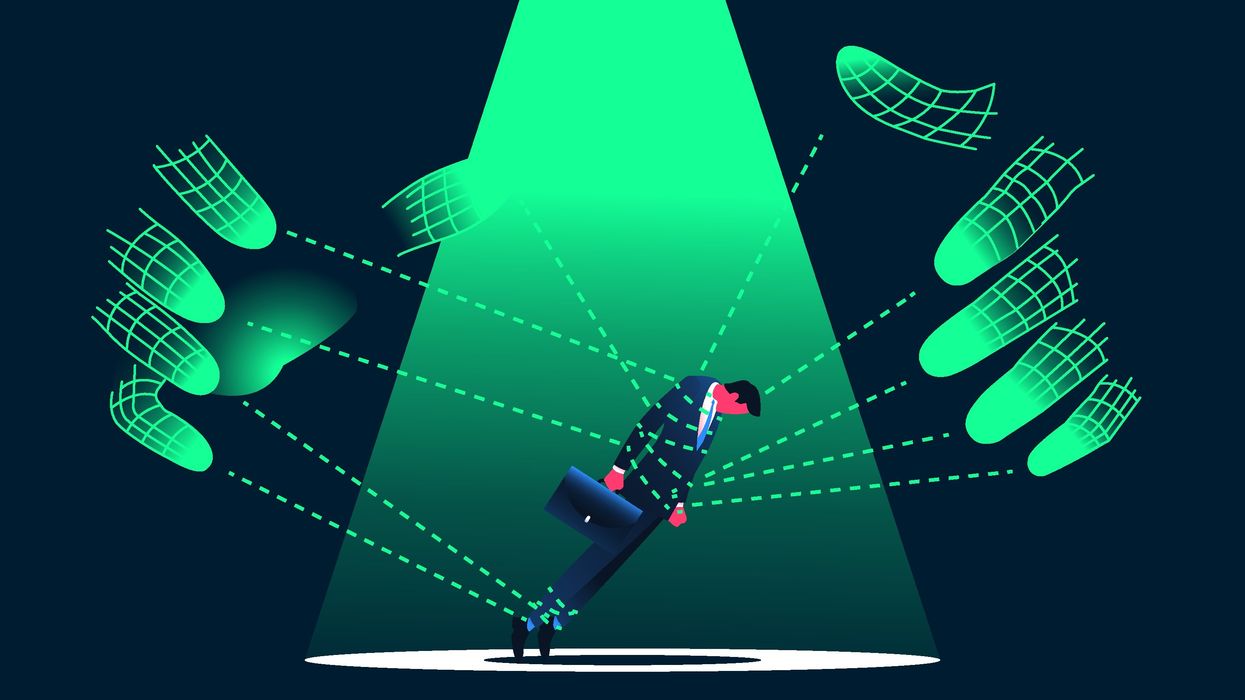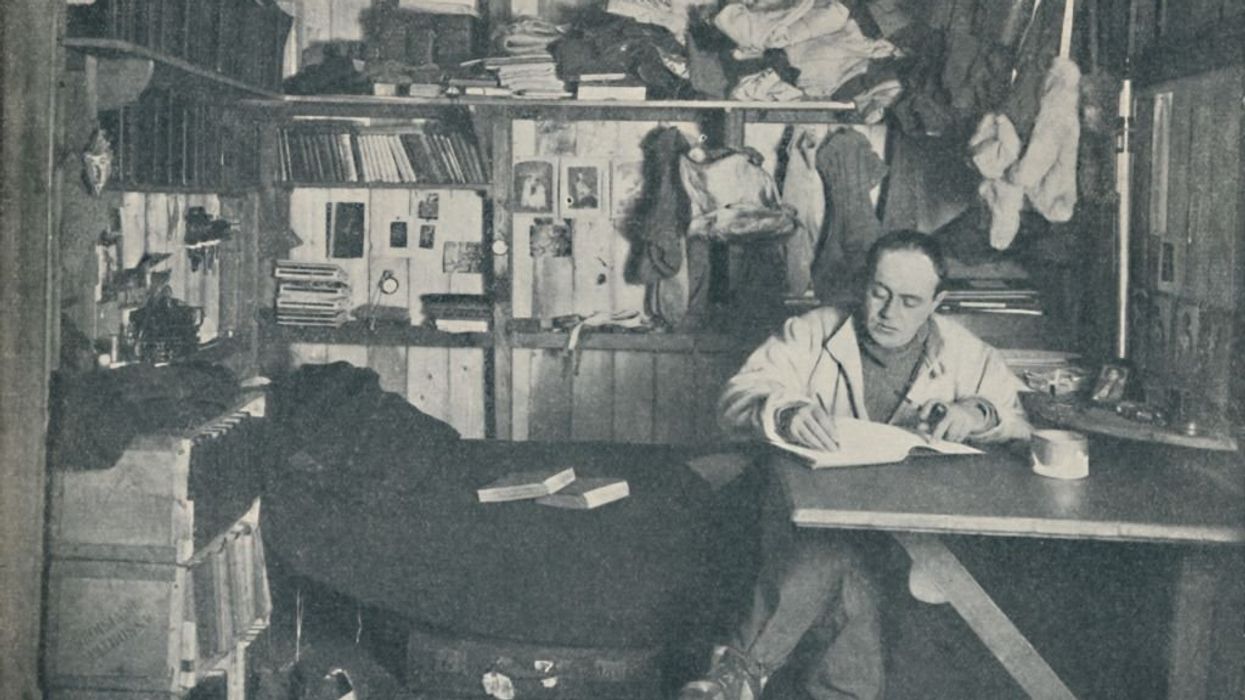
© 2024 Blaze Media LLC. All rights reserved.
A vaccine meant to protect against swine flu has been associated with an increased risk for sleep disorders among teens and children in a recent study, supporting similar conclusions of past studies as well.
The study published in the British Medical Journal Tuesday found that the A/H1N1 2009 influenza vaccine, known as Pandemrix, might be associated with narcolepsy, a disorder characterized by "excessive sleepiness and frequent daytime sleep attacks." Previous studies that have suggested this were from Finland and Sweden, according to the BMJ's press release.
 (Photo: AP/Volker Hartmann/ddp/dapd)
(Photo: AP/Volker Hartmann/ddp/dapd)
When the pandemic H1N1 virus was spreading in 2009, the vaccine was created and, according to BMJ, administered by March 2010 to about 24 percent of healthy children under 5 years old and 37 percent between 2 and 15 who were in a risk group in England.
It wasn't long before concerns were raised in the Scandinavian countries about the vaccine's potential link to narcolepsy. It was later supported by the 2012 study from Finland, which saw those age 4 to 19 who had the vaccine seemed to be 13 times more likely to develop narcolepsy, BMJ reported. Some considered this an isolated event, but this most recent study might suggest otherwise.
The researchers collected clinical information and results from sleep tests between August 2011 and February 2012 for participants age 4 to 18. Based on their retrospective analysis, the results "[indicate] a causal association, consistent with findings from Finland." In fact, this study found the increased risk was 14-fold.
"This study shows a significantly increased risk of narcolepsy in children who received the AS03 adjuvanted pandemic strain vaccine in England. Our case coverage method gave an odds ratio of 14.4 (4.3 to 48.5) for the primary analysis and is consistent with the relative risk of 13 reported from Finland in a retrospective cohort study," the authors wrote. "The lack of reported cases in other European states and Canada after the initial case reports from Finland and Sweden in August 2010 led to speculation that some unidentified factor was operating in these countries and that the association, if real, might be restricted to these Scandinavian populations. Our study confirms the signal raised from Finland and Sweden and indicates that the association is not restricted to those populations."
Reuters reported the risk in this latest study was about one in 50,000 people vaccinated while the risk in Finland and Sweden, where it is reported vaccine use was more widespread, was one in 16,000 to 17,000.
The authors do note that several limitations with their study might result in an overestimated association between the vaccine and narcolepsy. Because of this, they write that long term follow-up would be needed to more definitively attribute risk.
The vaccine's maker GlaxoSmithKlein issued a statement to Reuters regarding the study's findings:
A spokesman for the British drugmaker told Reuters on Wednesday: "We really want to get to the bottom of this and understand more about the potential role of Pandemrix in the development of narcolepsy."He added, however, that GSK believes "the available data are insufficient to assess the likelihood of a causal association between Pandemrix and narcolepsy."
The authors did point out that the people for whom this vaccine would be used was changed by the European Medicines Agency in 2011 as a precaution. But it can still be manufactured and sold to European countries.
"Further studies to assess the risk, if any, associated with the other A/H1N1 2009 vaccines used in the pandemic, including those with and without adjuvants, are also needed to inform the use of such vaccines in the event of a future pandemic," the authors concluded.
Nature cited its 2011 article posted about the initial studies associating narcolepsy with the vaccine that read while many who oppose vaccine use might point to the studies and "scream 'side-effects,'" it believes the "sober reality is that not using modern and safe vaccines causes many more people to become ill or die than any rare side-effect.”
Read the full study here.
--
Related:
- AP: Parents Increasingly Opting Out of Kids' Vaccines -- But Are There Consequences?
- Is Mandatory Participation in Vaccine Trials 'Not as Outlandish As It Might Seem'?
- Healthcare Workers Cave on Beliefs to Hospitals' 'No Shot, No Job' Policies
Featured image via Shutterstock.com.
Want to leave a tip?
We answer to you. Help keep our content free of advertisers and big tech censorship by leaving a tip today.
Want to join the conversation?
Already a subscriber?
more stories
Sign up for the Blaze newsletter
By signing up, you agree to our Privacy Policy and Terms of Use, and agree to receive content that may sometimes include advertisements. You may opt out at any time.
© 2024 Blaze Media LLC. All rights reserved.
Get the stories that matter most delivered directly to your inbox.
By signing up, you agree to our Privacy Policy and Terms of Use, and agree to receive content that may sometimes include advertisements. You may opt out at any time.


